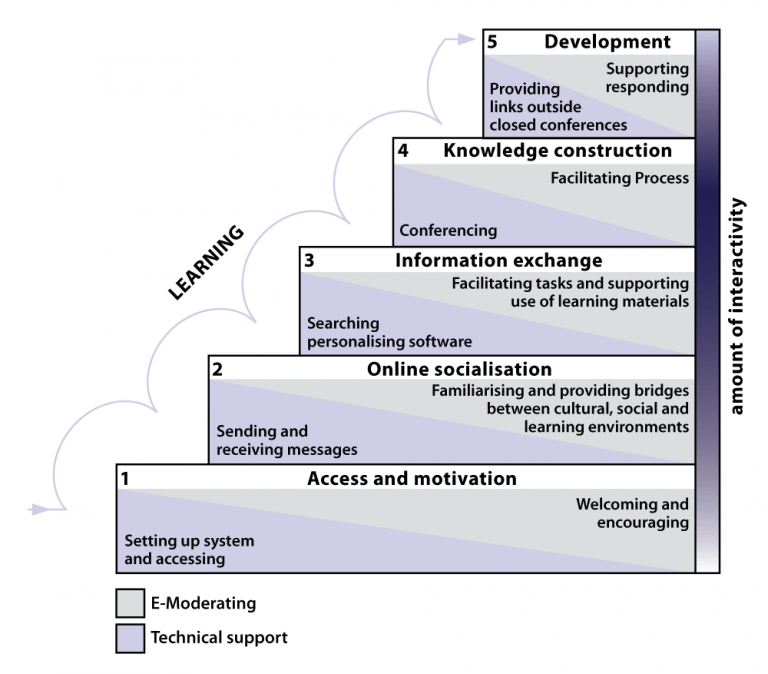Table of Contents
- 1 Why Social Science Matters in Early Childhood Education
- 1.1 Building Social Skills and Emotional Intelligence
- 1.2 Understanding Diversity and Promoting Inclusion
- 1.3 Enhancing Critical Thinking and Problem-Solving Abilities
- 1.4 Promoting Self-Reflection and Personal Growth
- 1.5 Preparing for Active Citizenship
- 1.6 Supporting Language and Communication Skills
- 1.7 Encouraging Collaboration and Teamwork
- 1.8 Instilling a Lifelong Love for Learning
- 2 Conclusion
Why Social Science Matters in Early Childhood Education
When it comes to early childhood education, social science plays a crucial role in shaping a child’s development and preparing them for the world ahead. Social science encompasses a wide range of subjects such as sociology, psychology, anthropology, and economics, all of which provide valuable insights into human behavior, relationships, and society as a whole. By introducing social science concepts in early childhood education, educators can help children understand themselves, others, and the world around them in a meaningful way.
Building Social Skills and Emotional Intelligence
One of the key benefits of incorporating social science in early childhood education is the opportunity to develop essential social skills and emotional intelligence. By engaging in activities that promote cooperation, empathy, and problem-solving, children learn how to navigate social interactions, resolve conflicts, and express their emotions effectively. These skills not only contribute to healthy social relationships but also lay the foundation for future academic success and overall well-being.
Understanding Diversity and Promoting Inclusion
Social science also helps children develop an understanding and appreciation for diversity. By learning about different cultures, traditions, and perspectives, children gain a broader worldview and develop empathy towards others. This knowledge and acceptance of diversity are crucial in creating inclusive learning environments, where all children feel valued, respected, and included regardless of their background or abilities.
Enhancing Critical Thinking and Problem-Solving Abilities
Through social science, children are exposed to various scenarios and real-life situations that require critical thinking and problem-solving skills. By exploring different perspectives and analyzing complex issues, children learn how to think critically, make informed decisions, and develop creative solutions. These skills are not only essential for academic success but also for navigating the challenges and complexities of the world outside the classroom.
Promoting Self-Reflection and Personal Growth
By engaging with social science topics, children are encouraged to reflect on their own thoughts, feelings, and actions. This self-reflection promotes personal growth, self-awareness, and a deeper understanding of oneself. It helps children develop a sense of identity, values, and beliefs, which are essential for building resilience and a strong sense of self-esteem.
Preparing for Active Citizenship
Social science education in early childhood also prepares children to become active and responsible citizens in their communities. By learning about democratic principles, citizenship rights, and civic responsibilities, children develop an understanding of their role in society and how they can contribute positively. This early exposure to social science concepts lays the foundation for future civic engagement and active participation in shaping their communities.
Supporting Language and Communication Skills
Social science education provides ample opportunities for children to engage in meaningful conversations, discussions, and debates. These activities not only enhance their language and communication skills but also foster critical thinking and the ability to express oneself effectively. By strengthening their communication skills, children become better equipped to articulate their thoughts, ideas, and opinions, thus empowering them to become confident communicators in all areas of life.
Encouraging Collaboration and Teamwork
Through social science activities, children learn the value of collaboration and teamwork. By working together on projects, conducting research, or engaging in group discussions, children develop important interpersonal skills such as cooperation, negotiation, and compromise. These skills are not only essential for academic success but also for functioning effectively in a team-oriented society.
Instilling a Lifelong Love for Learning
By introducing social science concepts and topics in early childhood education, educators can ignite a lifelong love for learning and curiosity in children. Social science provides endless opportunities for exploration, discovery, and investigation, allowing children to develop a thirst for knowledge and a desire to understand the world around them. This passion for learning sets the stage for a lifetime of intellectual growth, personal development, and continuous self-improvement.
Conclusion
Incorporating social science in early childhood education is not only beneficial but necessary for the holistic development of children. By providing a foundation in social science concepts, educators can equip children with essential skills, knowledge, and values that will serve them well throughout their lives. From building social skills and emotional intelligence to promoting diversity and critical thinking, social science plays a vital role in shaping the future generation of empathetic, responsible, and engaged citizens.



